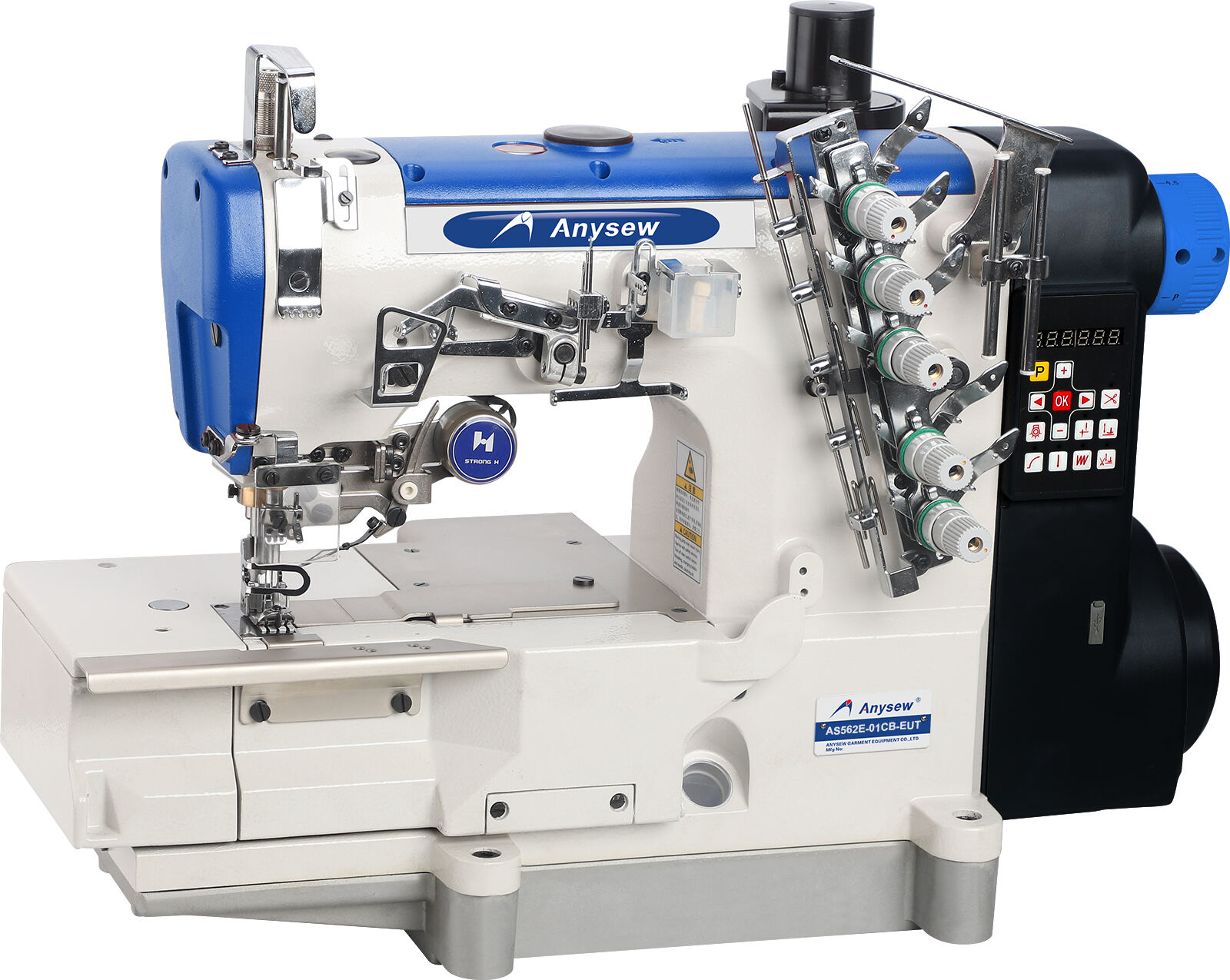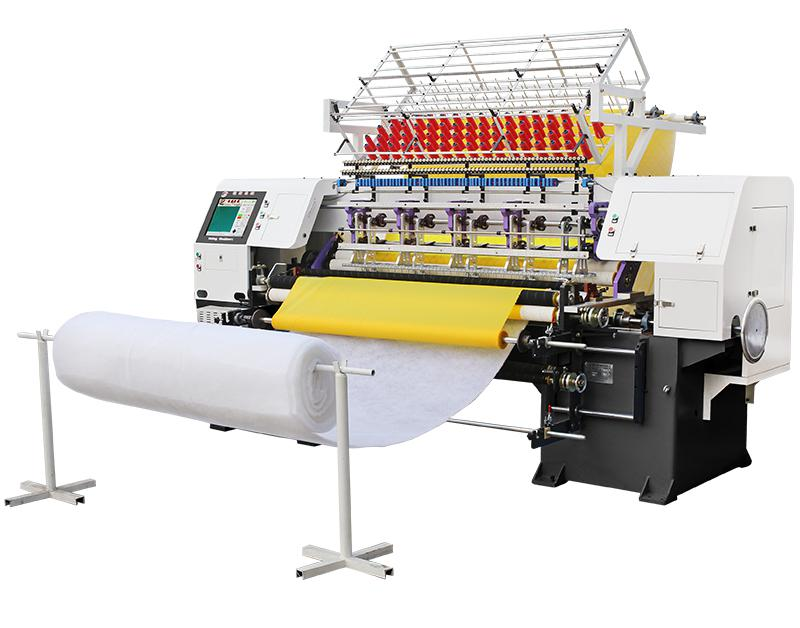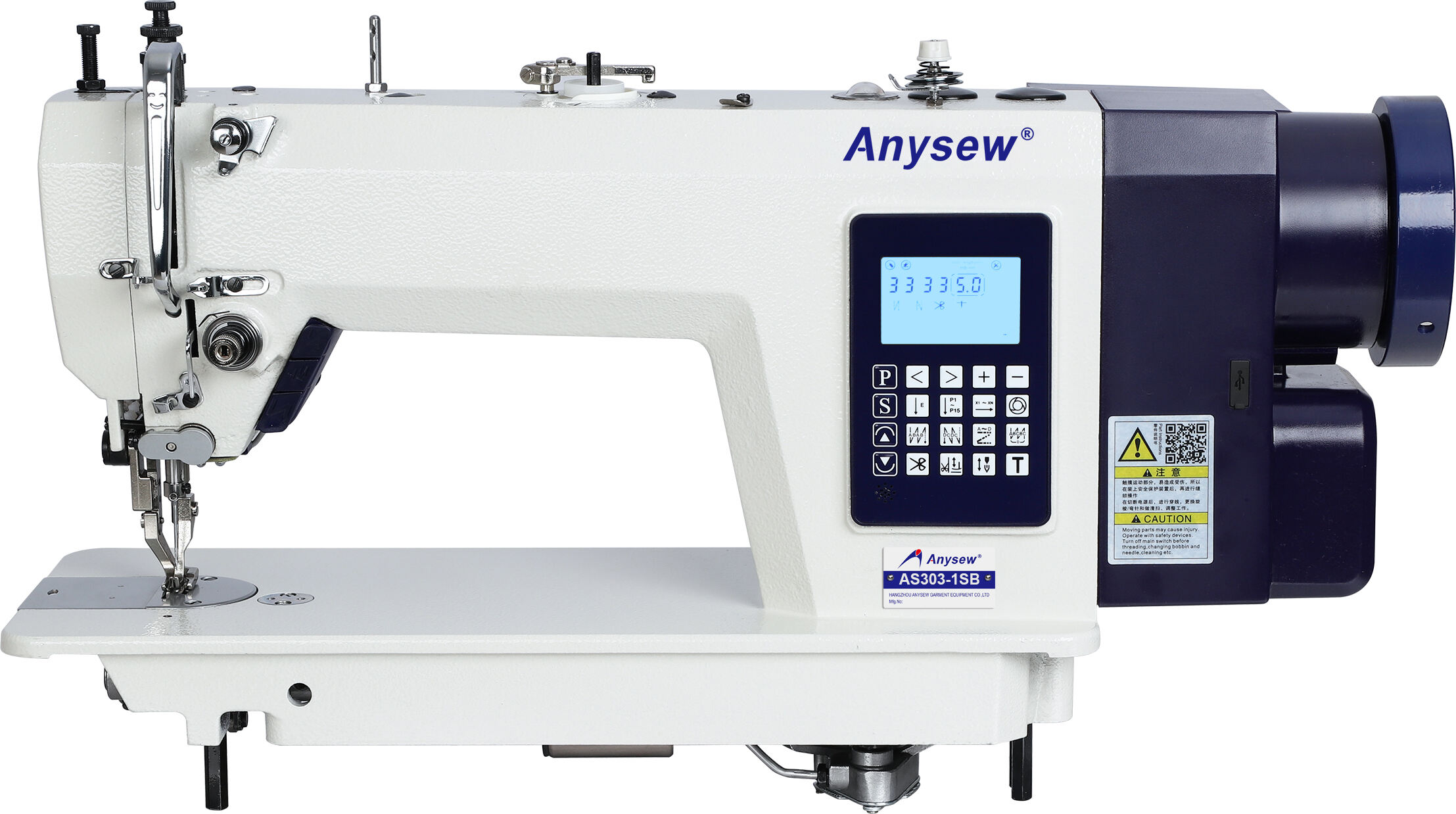overlock machine price
The overlock machine price represents a crucial consideration for both home sewists and professional tailors looking to invest in quality equipment. These machines, typically ranging from $200 to $2,000, offer varying levels of functionality and precision. Entry-level models provide basic 3-4 thread overlocking capabilities, while premium machines feature advanced options like differential feed, adjustable cutting width, and automatic tension control. The price spectrum reflects the machine's build quality, speed capabilities (ranging from 1,300 to 1,500 stitches per minute), and included accessories. Professional-grade machines command higher prices due to their robust construction, enhanced durability, and advanced features like automatic thread tension adjustment and built-in rolled hem capabilities. Mid-range models, priced between $500 and $1,000, often strike an optimal balance between functionality and affordability, offering features like color-coded threading paths, adjustable presser foot pressure, and multiple thread options. The investment in an overlock machine should be weighed against factors such as intended use frequency, required stitch types, and desired longevity, as higher-priced models typically offer extended warranties and superior after-sales support.


